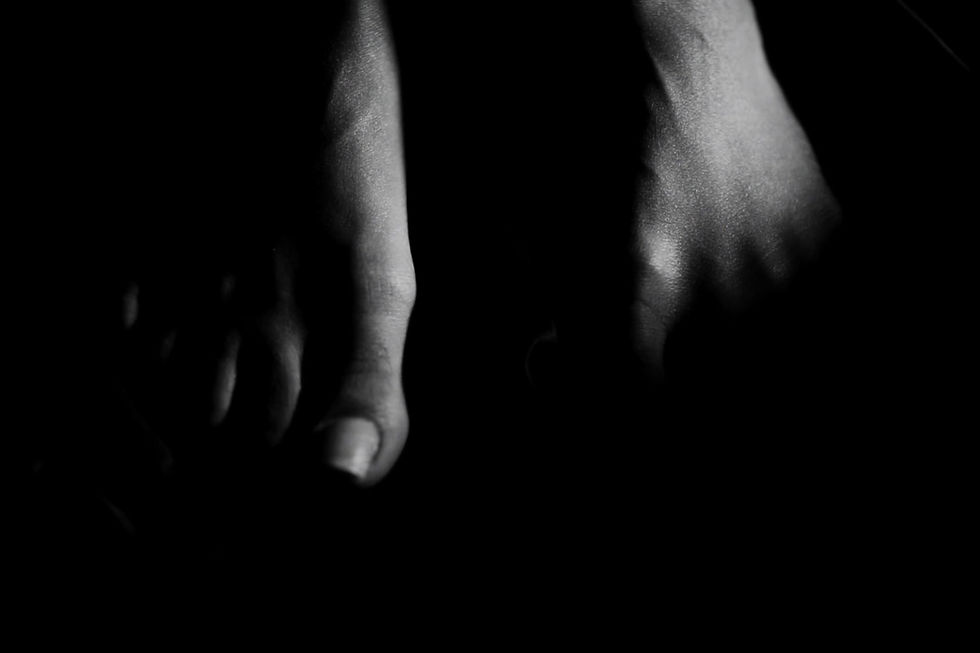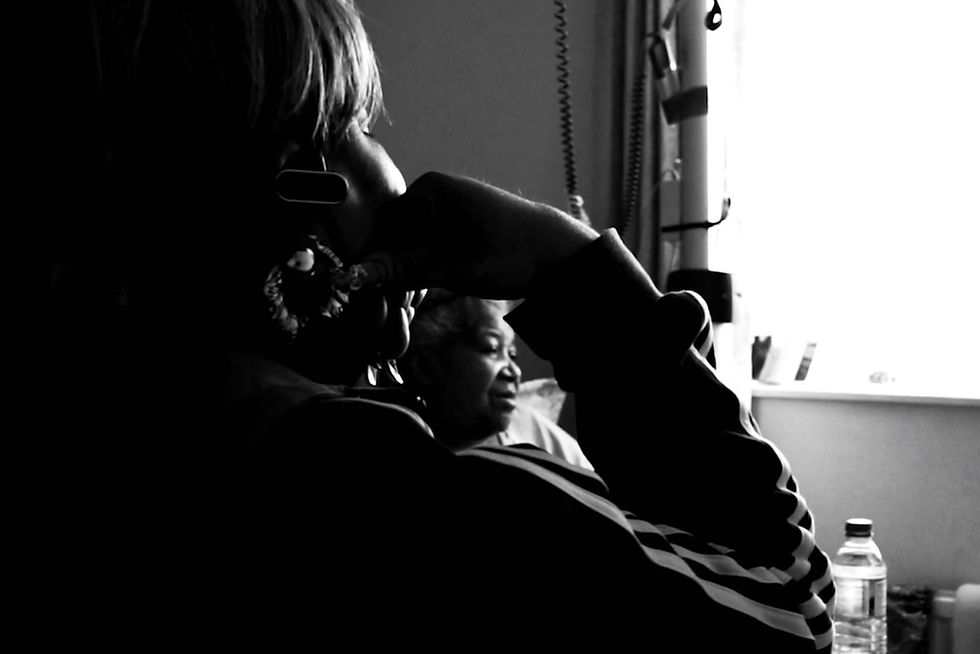
![Greentea Peng Goes In On 'Tell Dem It's Sunny' [Interview]](https://static.wixstatic.com/media/2923dd_5db7a08f71ba40168eb235d2e6f4cd38~mv2.jpg/v1/fill/w_390,h_390,fp_0.50_0.50,q_90,enc_avif,quality_auto/2923dd_5db7a08f71ba40168eb235d2e6f4cd38~mv2.webp)
Greentea Peng Goes In On 'Tell Dem It's Sunny' [Interview]
A complete maverick, she’s an artist who refuses to allow external sources to influence her

One Day It Will All Make Sense - Steel Banglez on Legacy, Blending Culture, and his Production Process
For the first instalment of New Wave Magazine's Hitmaker Series, a brand new look into producers in the industry who are behind some of...


SAINt JHN: A Conversation Ahead of 'FESTIVAL SEASON' The Album Before The Resolve
SAINt JHN discusses his upcoming album FESTIVAL SEASON, sharing insights into its creation and the direction of his music. This project ma


SAILORR Speaks on the Divine Timing of Life, Unapologetically Being Herself, and Creating Music that Bad B*tches Can Cry To
Meet SAILORR, a star in the making with floating vocals cutting through the noise. With captivating sonics as smooth as butter, SAILORR wants to show you that she can be gritty and relatable whilst remaining sweet and soft she dives deep into her feelings on life, talking about the unsettling thoughts and situations she's had in terrible relationships.


Alessia Cara on her Fourth Album, Dichotomies, and the Ebbs and Flows of her Artistry
Alessia Cara on dichotomies ebbs and flows in her artistry, and newfound freedom in her creative process - Love and Hyperbole interview


















コメント